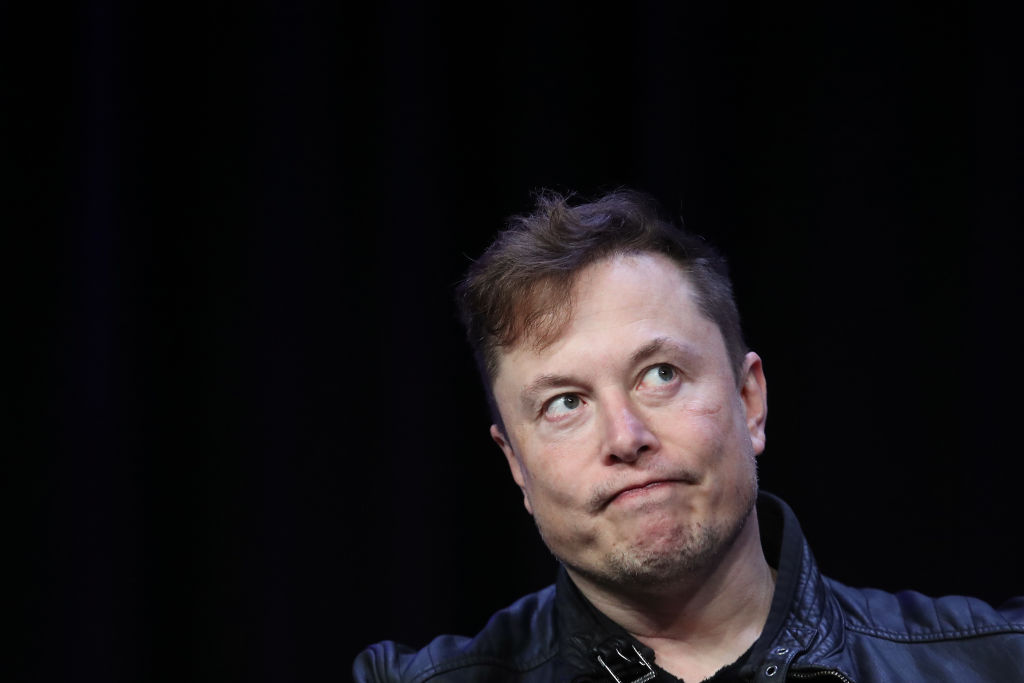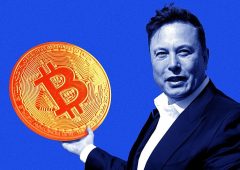Elon Musk Says Congress Is Bankrupting America
04.06.2025 14:00 2 min. read Alexander Stefanov
Tensions are escalating in Washington as Elon Musk publicly condemned a sweeping federal spending bill backed by Donald Trump, accusing lawmakers of driving the U.S. toward bankruptcy.
The billionaire slammed the proposal on X, denouncing it as reckless and bloated with unnecessary expenses.
The legislation, which merges tax changes, military funding, and energy initiatives, is central to Trump’s economic agenda for a potential second term. It narrowly cleared the House, but now faces stiff resistance in the Senate, where internal GOP divisions are threatening to derail the process before the July 4 recess.
Senate Majority Leader John Thune acknowledged the tight timeline and internal disagreements, warning that the party can’t afford more than a few defections. Republican senators are split over proposed Medicaid cuts, the linked debt ceiling increase, and the overall price tag. While Thune urges unity, others want amendments or demand an entirely new approach.
Trump has held direct talks with lawmakers like Ron Johnson, who’s pushing for more aggressive spending cuts and separating the debt ceiling from the bill. Meanwhile, Senator Rand Paul has flatly rejected the package, prompting Trump to criticize his consistent opposition to major initiatives.
Musk’s post has energized criticism from outside Washington as well, especially among crypto advocates. Influential voices like attorney John Deaton echoed concerns about runaway spending and its impact on inflation and the dollar’s stability.
With time running out, the GOP is at a crossroads—torn between pushing through Trump’s bill and risking a public party rift. Whether the legislation survives or collapses, one thing is clear: dissatisfaction is growing, both within Congress and far beyond it.
-
1
U.S. PCE Inflation Rises for First Time Since February, Fed Rate Cut Likely Delayed
27.06.2025 18:00 1 min. read -
2
Key U.S. Economic Events to Watch Next Week
06.07.2025 19:00 2 min. read -
3
Gold Beats U.S. Stock Market Over 25 Years, Even With Dividends Included
13.07.2025 15:00 1 min. read -
4
U.S. Announces Sweeping New Tariffs on 30+ Countries
12.07.2025 16:30 2 min. read -
5
US Inflation Heats Up in June, Fueling Uncertainty Around Fed Cuts
15.07.2025 16:15 2 min. read
US Inflation Heats Up in June, Fueling Uncertainty Around Fed Cuts
U.S. inflation accelerated in June, dealing a potential setback to expectations of imminent Federal Reserve rate cuts.
Gold Beats U.S. Stock Market Over 25 Years, Even With Dividends Included
In a surprising long-term performance shift, gold has officially outpaced the U.S. stock market over the past 25 years—dividends included.
U.S. Announces Sweeping New Tariffs on 30+ Countries
The United States has rolled out a broad set of new import tariffs this week, targeting over 30 countries and economic blocs in a sharp escalation of its trade protection measures, according to list from WatcherGuru.
Key U.S. Economic Events to Watch Next Week
After a week of record-setting gains in U.S. markets, investors are shifting focus to a quieter yet crucial stretch of macroeconomic developments.
-
1
U.S. PCE Inflation Rises for First Time Since February, Fed Rate Cut Likely Delayed
27.06.2025 18:00 1 min. read -
2
Key U.S. Economic Events to Watch Next Week
06.07.2025 19:00 2 min. read -
3
Gold Beats U.S. Stock Market Over 25 Years, Even With Dividends Included
13.07.2025 15:00 1 min. read -
4
U.S. Announces Sweeping New Tariffs on 30+ Countries
12.07.2025 16:30 2 min. read -
5
US Inflation Heats Up in June, Fueling Uncertainty Around Fed Cuts
15.07.2025 16:15 2 min. read


